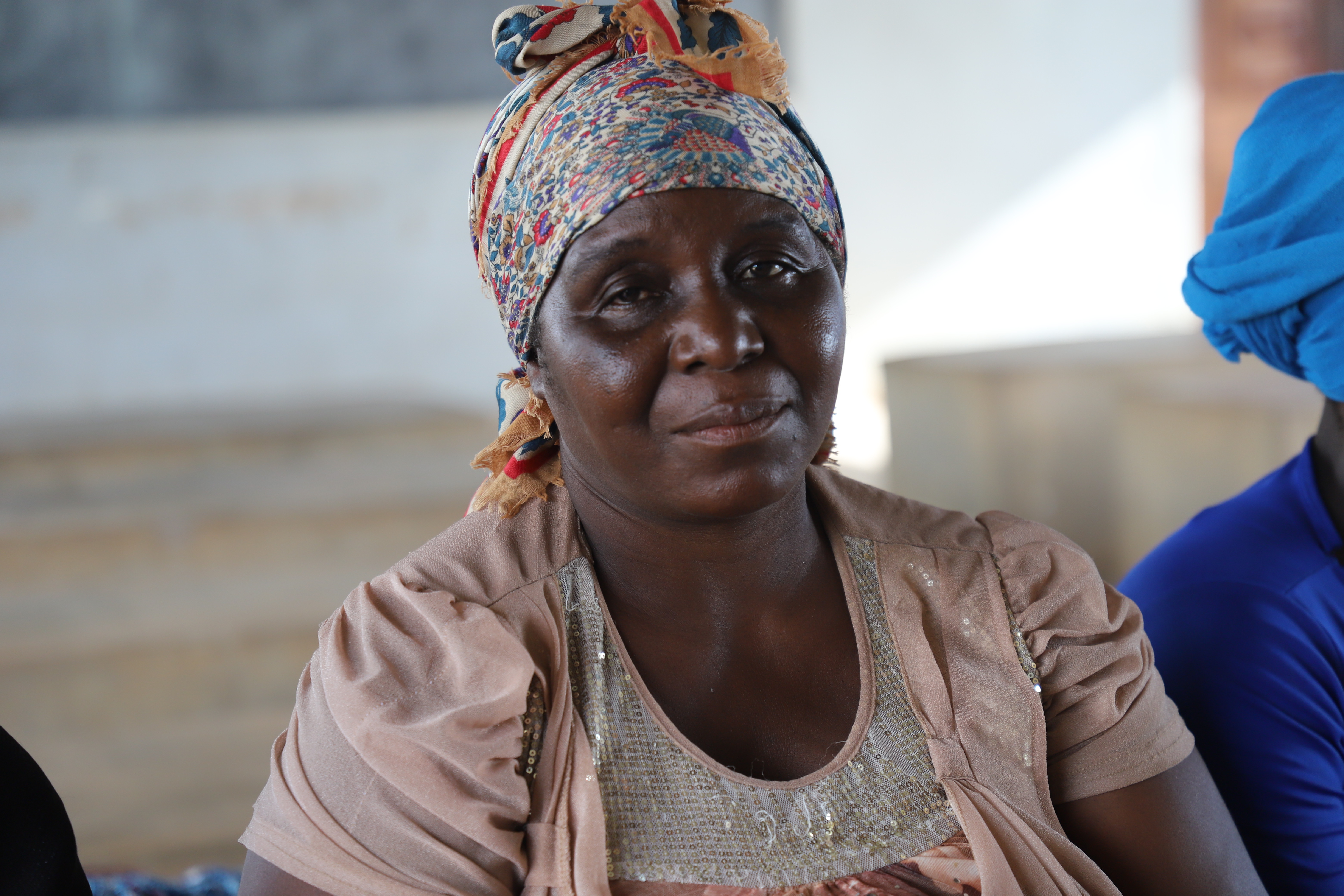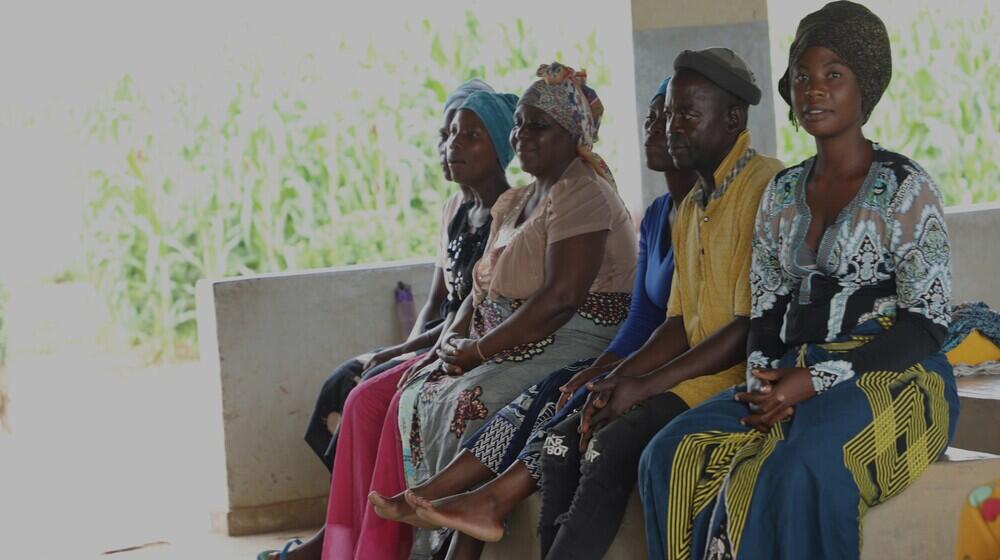It’s a Saturday night and the sound of booming loud speakers keeps everyone awake in Binali, a usually rather quiet village in Mangochi. For the second week running, youths from the village have been flocking to the ‘disco’, which usually start around 10pm and ending in the early hours of Sunday.
At first, the elders of the village didn’t mind the fanfare. They thought the disco was going to be a one off event. But week after week, the trend continued, which got them worried. For them, it was high time the local community action group (CAG) acted on the issue.
“When these discos started, we thought it was just young people trying to have fun during school holidays,” says Soza Kwanje, a member of Binali CAG and policing forum. “But we were worried when these started becoming a norm.”
More worrying to the CAG was how the discos were promoting risky behaviours among the youth. Reports from the shows indicated that the youth were drinking alcohol excessively, and some also indulging in dangerous substances such as marijuana.
Young people exposed to abuse
“There was no control whatsoever,” says Mr. Kwanje. “Young boys and girls were allowed to patronize the discos as long as they pay the entry fee at the door. This exposed them, especially the girls to various abuse.”
Although no case of abuse was reported, the CAG didn’t want to wait for the worst to act.
“We knew that there were bad things happening as many young girls were attending the shows,” Mr. Kwanje explains. “But we realized that they couldn’t report for fear of being reprimanded. That’s when we took action as the CAG.”
To address the issue, the CAG called for a meeting with local leaders including the chiefs, the police and government officials. A decision was made to ban the discos and to impose penalties on chiefs who allowed them to take place in their areas.
“Everyone agreed that the discos shouldn’t continue but we also needed to find something that would preoccupy the youth during holidays,” says Mr. Kwanje told UNFPA. “We asked the social welfare office to help us with recreation materials and they promised to support us.”
The CAGs are a community-based structures established to respond to gender based violence. In Mangochi, the majority of women and adolescent girls that experience violence normally opt to suffer in silence by not reporting to appropriate institutions. This is mostly due to lack of effective community based reporting mechanisms, hence the establishment of the CAGs.
With support from the Embassy of Iceland in Malawi, UNFPA has supported the establishment of 44 CAGs in three Traditional Authorities of Chowe, Lulanga and Makanjira in Mangochi. Since last year, 208 gender based violence have been reported through the CAG structures.
Communities come together to end GBV
The case of Binali village is one of the many the CAGs are handling in their respective areas. In Mangochi, discos are only a small part of the problem. High poverty levels of around 60.7 percent and negative social norms expose women and girls to different types of gender based violence including sexual exploitation.
“We need to break the culture of silence if we are to win this war,” says Sumeni Awalu another member of Binali CAG.
So many abuses are happening to women and girls but they are afraid to open up since the perpetrators are very close to them.
Since the Binali CAG was established last year, they have done more than 50 awareness meetings on gender based violence. With information now accessible within the communities through CAGs, more and more people are now starting to open up on gender based violence. But things could be much better, says Ms. Awalu.

“We are still witnessing cases of parents marrying off their young girls to rich older men in our communities,” she explains. “This is a thing we need to stop urgently. Otherwise, we will continue to see many young girls dying from pregnancy complications or suffering from fistula.”
Mangochi is one of the districts with highest rate of child marriage and teen pregnancies in the country. From 2010, the district increased teenage pregnancies from 28 percent to 36 percent in 2015. Also, a high proportion of women aged 15 to 24 have sexual debut before the age of 15. at 22.6 percent against a national average of 13.9 percent.
By Joseph Scott, Communications Analyst


